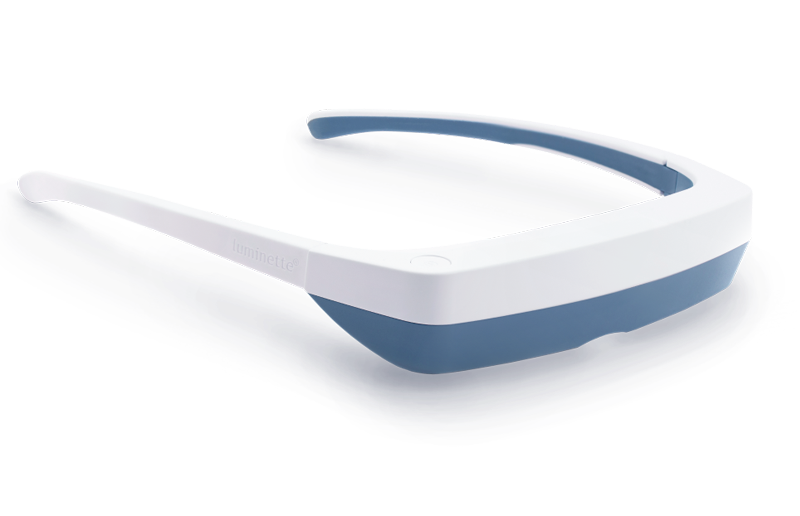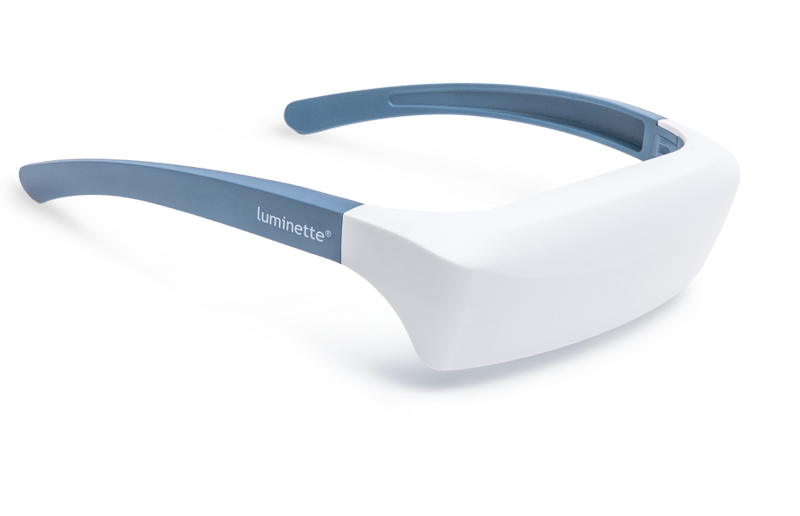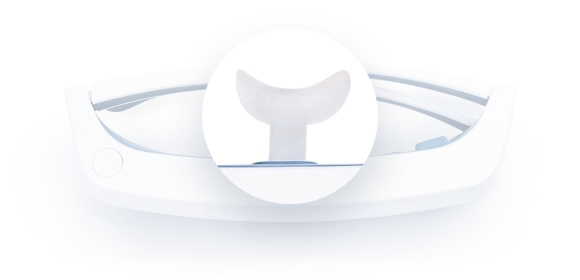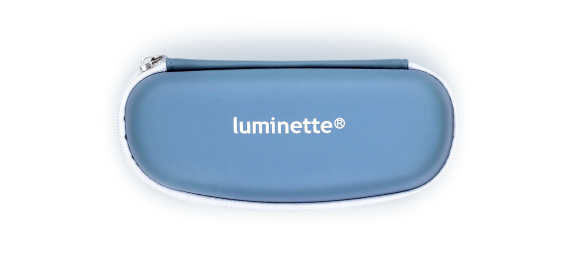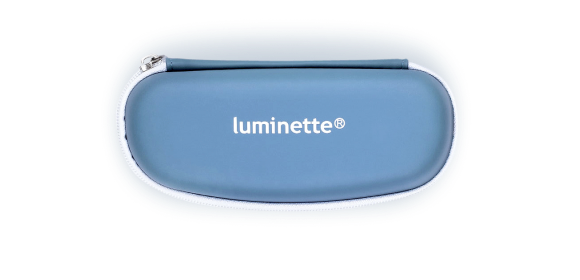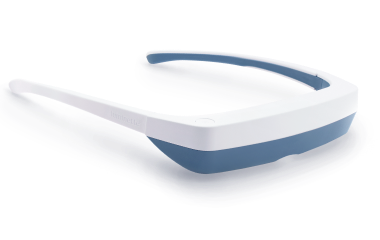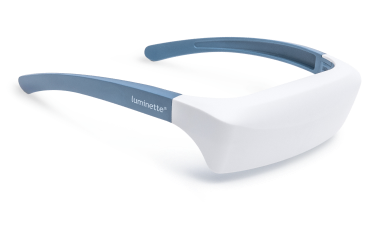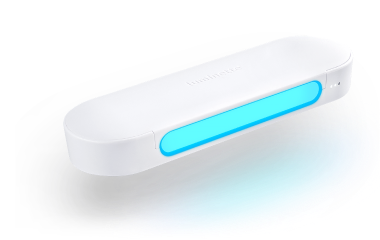Биологические часы, внутренний механизм отсчёта времени, значительно влияют на наши режимы сна и общее состояние здоровья. Они регулируют наш цикл сна и бодрствования, известный как циркадный ритм, и любое нарушение этого цикла может иметь серьёзные последствия для нашего благополучия. В этом документе подробно рассматривается влияние биологических часов на сон и здоровье, последствия нарушенных режимов сна и стратегии поддержания здоровых биологических часов. Также будет представлено Luminette светотерапевтические очки, инновационное решение для восстановления и регулирования наших биологических часов.
Что такое биологические часы
Термин "биологические часы" может звучать так, будто они угрожающе тикают, но на самом деле это жизненно важная часть нашей физиологии. Этот внутренний хронометр координирует ряд функций организма, обеспечивая их выполнение в наиболее подходящее время. Давайте углубимся в то, что именно представляют собой биологические часы и как они влияют на нас ежедневно.
Определение и назначение биологических часов
Биологические часы — это естественное устройство для измерения времени, состоящее из группы молекул в клетках по всему телу. Эти часы отвечают за регулирование времени различных физиологических процессов, включая циклы сна и бодрствования, выделение гормонов и температуру тела. Основная цель биологических часов — согласовать эти процессы с 24-часовым циклом света и темноты Земли.
Типы биологических часов у человека
У человека есть несколько биологических часов, каждый из которых выполняет уникальную функцию. Самыми заметными из них являются циркадные часы, которые регулируют цикл сна и бодрствования примерно за 24 часа. Также существуют ультрадианные часы, управляющие более короткими циклами, такими как голод и уровень энергии, и инфрадианные часы, которые контролируют более длительные циклы, например менструальные периоды. Вместе эти часы поддерживают гармонию в наших телесных системах.

Как работают биологические часы?
Как биологические часы управляют таким количеством функций с такой точностью? Ответ кроется в сложном взаимодействии структур мозга, гормонов и генетики. Давайте рассмотрим, как эти элементы взаимодействуют, чтобы поддерживать наш внутренний ритм в синхронизации с окружающим миром.
Роль мозга и гормонов
В центре биологических часов находится супрахиазматическое ядро (SCN), расположенное в гипоталамусе. SCN получает сигналы от глаз о поступающем свете и темноте, выступая в роли главных часов организма. Затем оно координирует работу с другими областями мозга и выделяет гормоны, такие как мелатонин, чтобы регулировать режим сна и поддерживать внутренний ритм организма.
Влияние генетики на биологические часы
Генетика также играет значительную роль в определении нашего биологических часов. Определённые гены, известные как "clock genes", влияют на продолжительность и время наших суточных циклов. Мутации или вариации в этих генах могут приводить к различиям в режимах сна и восприимчивости к таким расстройствам, как бессонница. Понимание генетической основы биологических часов — это продолжающаяся область исследований, которая предлагает потенциальные возможности для персонализированных медицинских вмешательств.

Циркадные ритмы и биологические часы
Одной из самых заметных особенностей биологических часов является их регулирование циркадных ритмов. Эти ежедневные циклы управляют многими аспектами нашего поведения и физиологии, влияя на все — от бдительности до пищеварения. Давайте подробнее рассмотрим, как функционируют циркадные ритмы и их связь с биологическими часами.
Что такое циркадный ритм?
Циркадные ритмы — это 24-часовые циклы физиологических процессов живых организмов, управляемые биологическими часами. Эти ритмы сильно зависят от внешних сигналов, таких как свет и температура, которые помогают синхронизировать внутреннее время организма с внешней средой. Циркадные ритмы встречаются как у растений, так и у животных, что подчеркивает их эволюционную значимость.
Связь между циркадным ритмом и биологическими часами
Биологические часы создают циркадные ритмы через влияние SCN на различные функции организма. Регулируя выработку гормонов, таких как кортизол и мелатонин, SCN обеспечивает выполнение этих функций в оптимальное время. Например, уровень мелатонина повышается вечером, способствуя сонливости, и снижается утром, стимулируя бодрствование.

Примеры циркадных ритмов в повседневной жизни
Циркадные ритмы влияют на многие аспекты нашей повседневной жизни. Например, температура тела обычно достигает максимума поздним днем и минимума во время сна. Аналогично, когнитивная производительность и бдительность достигают пика поздним утром, что делает это время идеальным для задач, требующих концентрации. Понимание этих ритмов помогает оптимизировать наш ежедневный график для повышения продуктивности и здоровья.
Факторы, влияющие на биологические часы
Хотя биологические часы в значительной степени саморегулируются, они не защищены от внешних воздействий. Различные экологические и образ жизни факторы могут изменить их ритм и нарушить естественные циклы. Давайте рассмотрим ключевые факторы, влияющие на биологические часы, и как они могут повлиять на наше благополучие.
Воздействие света и его влияние
Воздействие света — один из самых мощных внешних сигналов, влияющих на биологические часы. Наличие или отсутствие света сигнализирует SCN о необходимости корректировки времени циркадных ритмов. Воздействие яркого искусственного света ночью, как это часто бывает при использовании экранов, может задержать выработку мелатонина и нарушить режим сна. Напротив, достаточное количество естественного света в течение дня помогает укрепить естественный цикл организма.
Режимы сна и их роль
Режим сна также играет решающую роль в поддержании здоровых биологических часов. Нерегулярные графики сна, такие как те, что вызваны посменной работой или частыми поездками через часовые пояса, могут привести к рассогласованию циркадных ритмов. Это рассогласование может вызвать нарушения сна, усталость и даже метаболические проблемы. Постоянные режимы сна помогают поддерживать биологические часы в синхронизации.
Влияние старения на биологические часы
Старение может влиять на биологические часы, вызывая изменения в режимах сна и циркадных ритмах. Пожилые люди часто испытывают сдвиг к более раннему времени отхода ко сну и пробуждения, а также снижение эффективности сна. Понимание этих изменений может помочь разработать стратегии поддержки здорового старения и улучшения качества сна у пожилых.
Важность биологических часов для здоровья
Биологический часы — это не просто пассивный хронометр; он играет активную и ключевую роль в поддержании общего здоровья и предотвращении различных заболеваний. Этот внутренний часы, управляемый циркадными ритмами, регулирует важные функции организма, такие как циклы сна и бодрствования, выделение гормонов и обмен веществ. Правильно функционирующие биологические часы необходимы для физического и психического благополучия, что подчеркивает важность полного понимания их значения. Нарушения этих ритмов могут привести к таким проблемам, как бессонница, ожирение и даже расстройства настроения. Поэтому крайне важно признать и оценить влияние биологических часов на здоровье и почему их нельзя игнорировать. Давайте рассмотрим, как они влияют на нашу повседневную жизнь и долгосрочное здоровье, изучая стратегии для поддержания их синхронизации для оптимального функционирования.
Как поддерживать и сохранять здоровый биологический час
Поддержание здорового биологического часа — ключ к оптимизации благополучия. К счастью, существует несколько стратегий для поддержки его правильного функционирования. Внося небольшие изменения в наши ежедневные привычки, мы можем помочь сохранить биологические часы в гармонии с природой. Давайте рассмотрим несколько практических советов по поддержанию здорового биологического часа.
Используйте светотерапию с Luminette
Светотерапия — это мощный, естественный способ помочь регулировать ваш биологический часы, улучшить настроение и повысить энергию, особенно в периоды ограниченного воздействия естественного солнечного света. Устройство для светотерапии Luminette разработано, чтобы сделать светотерапию удобной и эффективной, предлагая преимущества яркого света дневного спектра в носимой форме. В отличие от традиционных световых коробок, очки Luminette можно использовать во время движения, позволяя вам заниматься повседневными делами, получая необходимый свет. Благодаря научно откалиброванной яркости, Luminette обеспечивает безопасный, целенаправленный свет для ваших глаз, помогая стимулировать выработку серотонина и мелатонина в организме, которые необходимы для управления сном, настроением и уровнем энергии. Независимо от того, сталкиваетесь ли вы с сезонными перепадами настроения, джетлагом или просто хотите улучшить сон и настроение, Luminette делает светотерапию доступной и адаптируемой к вашему образу жизни.
Устройства для светотерапии предназначены для излучения яркого света, имитирующего дневной, который помогает регулировать циркадные ритмы, улучшать настроение и повышать уровень энергии. Устройства для светотерапии бывают разных форм, включая традиционные световые панели, настольные лампы и носимые варианты, такие как очки для светотерапии. Обычно они излучают белый или синий свет безопасной интенсивности и просты в использовании дома или в офисе. Сеансы обычно длятся от 20 до 30 минут и лучше всего проводятся утром, чтобы соответствовать естественным циркадным сигналам.
Как очки для светотерапии Luminette 3 могут восстановить биологические часы
Очки для светотерапии Luminette 3 предлагают инновационное решение для восстановления и регулирования биологических часов, обеспечивая неинвазивный способ улучшения повседневной жизни. Эти современные очки излучают свет определённой длины волны, который очень близок к естественному солнечному свету, что важно для синхронизации внутреннего биологического часов с внешней средой. Эта синхронизация жизненно необходима для поддержания здорового циркадного ритма, который регулирует различные функции организма, включая режим сна, выделение гормонов и настроение.
Надевать очки для светотерапии Luminette 3 на короткий период каждый день, обычно около 20–30 минут утром, пользователи могут эффективно улучшить свой циркадный ритм. Это улучшение способствует повышению качества сна, помогая легче засыпать и просыпаться бодрыми.
При регулярном использовании очки для светотерапии Luminette 3 не только улучшают качество сна, но и способствуют общему благополучию, повышая уровень энергии и улучшая настроение. Это делает их отличным инструментом для тех, кто хочет оптимизировать свою ежедневную работоспособность и самочувствие с помощью естественной силы светотерапии.

Преимущества очков для светотерапии
Luminette 3 очки для светотерапии предлагают множество преимуществ, которые положительно влияют как на психическое, так и на физическое здоровье:
- Улучшение качества сна: Регулярное использование очков для светотерапии может помочь регулировать биологические часы организма, научно известные как циркадные ритмы. Эта регуляция приводит к улучшению режима сна и значительному повышению его качества, позволяя пользователям просыпаться более отдохнувшими и готовыми к новому дню.
- Улучшение настроения: Светотерапия очень эффективна для улучшения настроения и особенно полезна для тех, кто страдает сезонными перепадами настроения — расстройством, возникающим в определённые периоды года, обычно зимой, когда естественного солнечного света мало. Имитируя естественный солнечный свет, эти очки помогают облегчить такие симптомы, как грусть, вялость и общее отсутствие интереса к повседневным делам.
- Повышение уровня энергии: Стимулируя выработку гормонов, способствующих бодрствованию, таких как кортизол, светотерапия значительно повышает уровень энергии в течение дня. Это помогает уменьшить дневную усталость, облегчая поддержание бодрости и продуктивности, будь то на работе, в школе или в личное время.
- Облегчение симптомов смены часовых поясов: Светотерапевтические очки предлагают эффективное решение для тех, кто испытывает джетлаг. Помогая перенастроить внутренние часы организма на новый часовой пояс, пользователи могут быстро адаптироваться к новой среде, снижая такие симптомы, как нарушения сна, дневная усталость и трудности с концентрацией.
Как использовать светотерапевтические очки
Использование светотерапевтических очков Luminette 3 простое и легко может быть включено в ежедневный распорядок:
- Наденьте очки: Наденьте их как обычные солнцезащитные очки, убедившись, что они удобно и надежно сидят на лице для комфортного использования.
- Активируйте устройство: Включите очки, чтобы начать сеанс светотерапии. Устройство излучает безопасное, контролируемое количество света, имитирующего естественный солнечный свет.
- Носите очки в рекомендованное время: Обычно сеанс длится от 20 до 30 минут. Последовательность очень важна, поэтому старайтесь использовать их в одно и то же время каждый день для оптимальных результатов.
- Продолжайте выполнять повседневные дела: Одно из преимуществ этих очков в том, что они позволяют вам продолжать выполнять ежедневные задачи во время сеанса терапии. Будь то чтение, работа или упражнения, вы можете получать пользу от светотерапии, не нарушая свой распорядок.
Очень важно следовать инструкциям по использованию, предоставленным производителем, чтобы обеспечить безопасность и достичь наилучших результатов от сеансов светотерапии.

Luminette 3 светотерапевтические очки — это инновационные очки, разработанные для того, чтобы вы могли наслаждаться сеансом светотерапии, занимаясь своими обычными делами. В отличие от традиционных терапевтических ламп, очки Luminette 3 оснащены искусственным источником света, который направляет безопасный световой поток в ваши глаза, не вызывая ослепляющего эффекта и не мешая четкому зрению.
Чтобы использовать их, просто наденьте очки и нажмите кнопку для активации света — ваша фототерапия начинается. Эти очки удобны в использовании и совместимы с теми, кто носит очки с рецептом или контактные линзы, обеспечивая отсутствие помех для зрения и комфорта.
С удобством Luminette 3 больше не нужно сидеть рядом с неподвижной лампой светотерапии по 30 минут каждый день. Свобода передвижения позволяет вам готовить завтрак, погружаться в увлекательную книгу, смотреть любимые телешоу, работать за компьютером или даже заниматься лёгкими упражнениями, получая при этом терапевтическое световое воздействие. Будь вы дома или в пути, Luminette 3 предлагает гибкое и эффективное решение для включения светотерапии в вашу повседневную жизнь.
Заключение
Понимание концепции биологических часов и их влияния на нашу жизнь имеет решающее значение для оптимального здоровья и благополучия. Эти внутренние часы регулируют режим сна и повышают ежедневную работоспособность, играя ключевую роль в поддержании гармонии организма.
Применяя такие стратегии, как светотерапия и регулярный режим сна, мы можем синхронизировать наши внутренние ритмы с природой. Эти шаги не только улучшают качество жизни, но и поддерживают долгосрочное здоровье.
Чтобы глубже понять, как поддерживать здоровые биологические часы или найти индивидуальные решения, рассмотрите возможность консультации с медицинскими специалистами или изучения авторитетных онлайн-ресурсов. Понимая и принимая биологические часы, мы можем вести более здоровую и полноценную жизнь.
Часто задаваемые вопросы
Что такое биологические часы?
Биологические часы, также известные как циркадный ритм, — это внутренний процесс, который регулирует цикл сна и бодрствования и повторяется каждые 24 часа. Он может относиться к естественным процессам в организме, которые показывают циклические изменения, таким как выработка гормонов, регенерация клеток и другие биологические активности.
Какие факторы могут влиять на биологические часы?
На ваши биологические часы могут влиять несколько факторов, включая свет и тьму, температуру, время приёма пищи и социальные активности. Нарушения этих факторов могут привести к сбою биологических часов, что влияет на режим сна, настроение и общее состояние здоровья.
Как я могу сбросить свои биологические часы?
Сброс биологических часов или их выравнивание с естественным циклом день-ночь часто достигается за счёт поддержания регулярного режима сна, получения большого количества естественного света в течение дня, уменьшения искусственного освещения ночью и соблюдения регулярного времени приёма пищи.
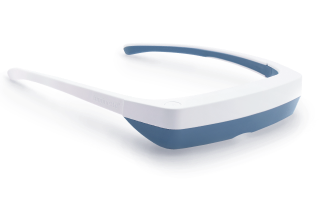
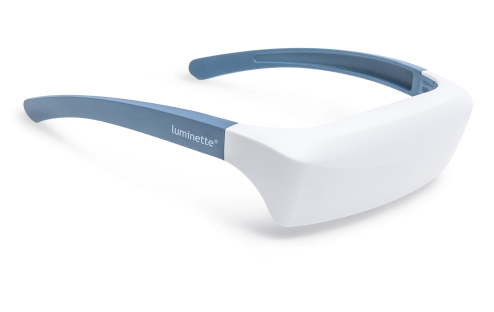
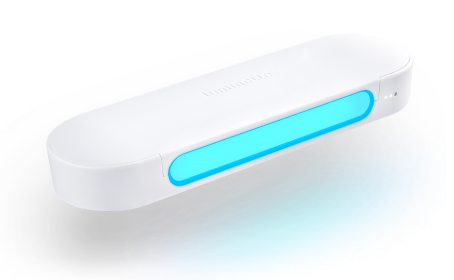
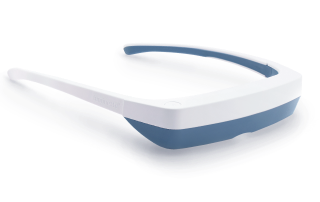
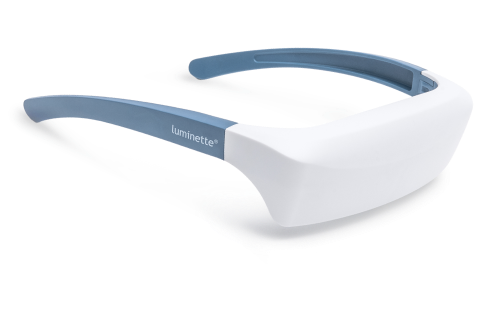
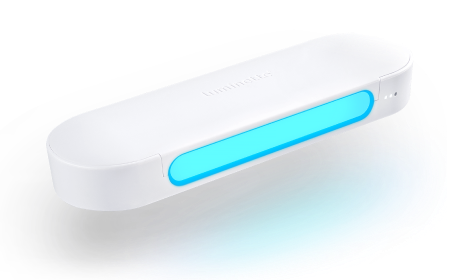
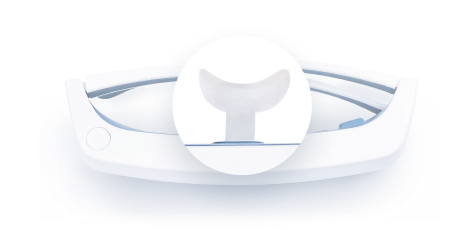
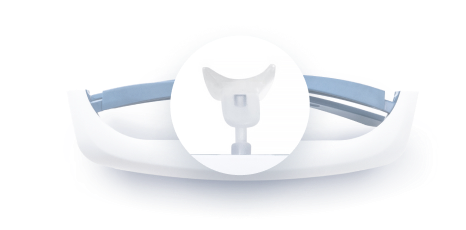
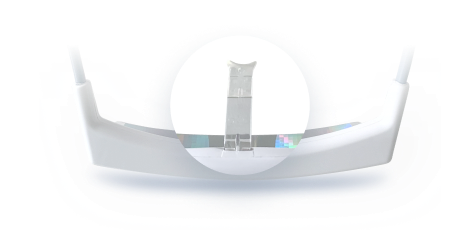
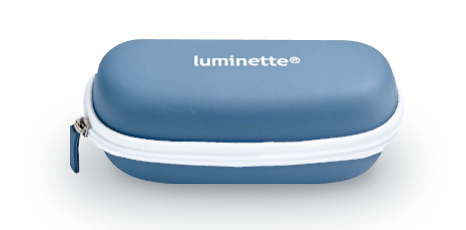
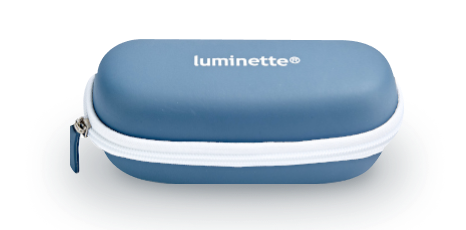
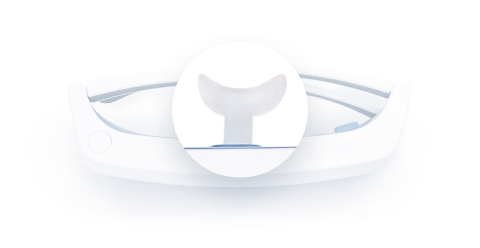
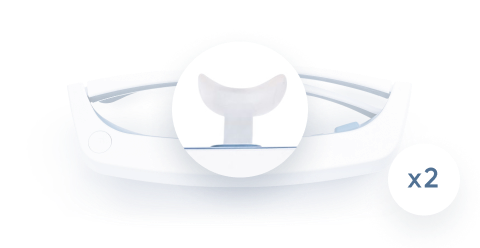
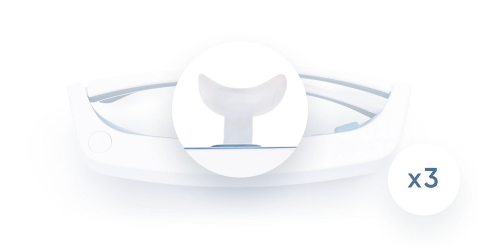
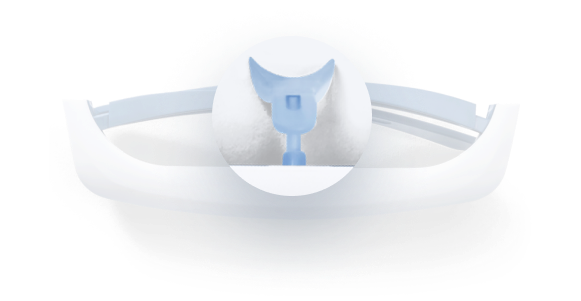
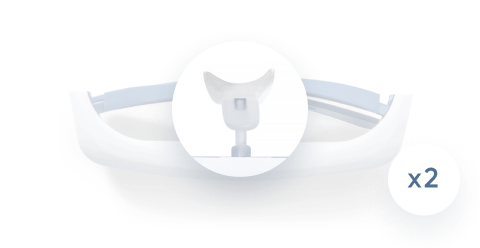
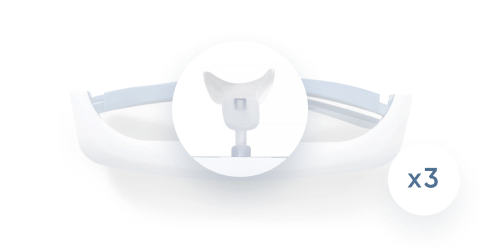
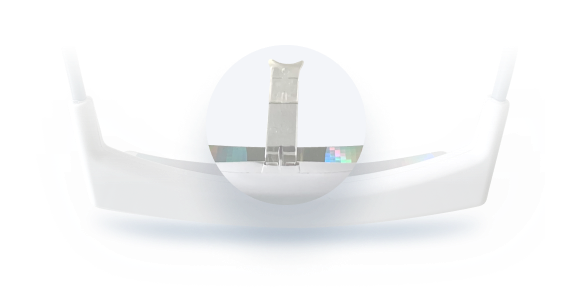


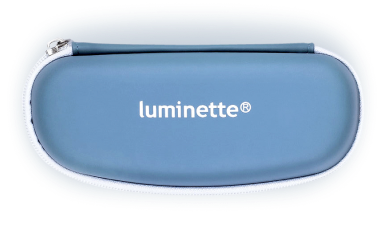
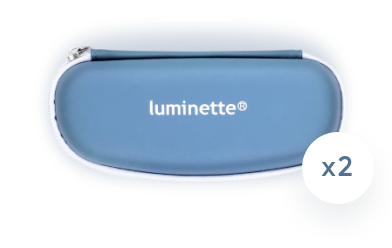
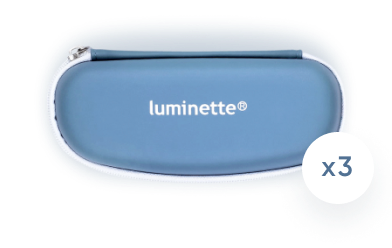
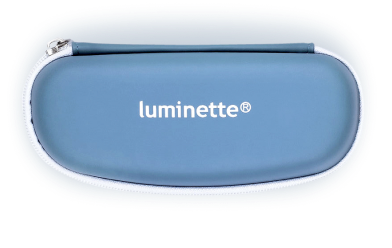
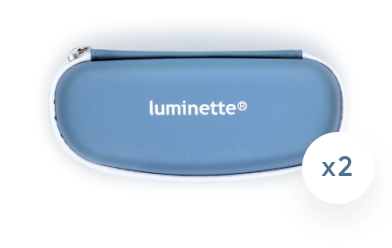
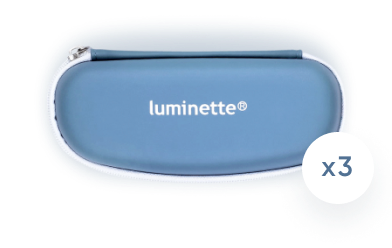





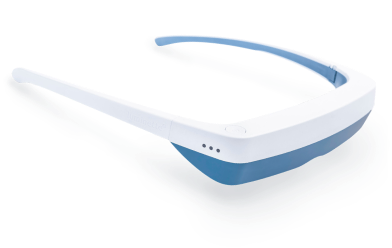
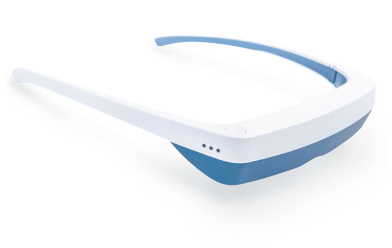



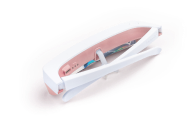

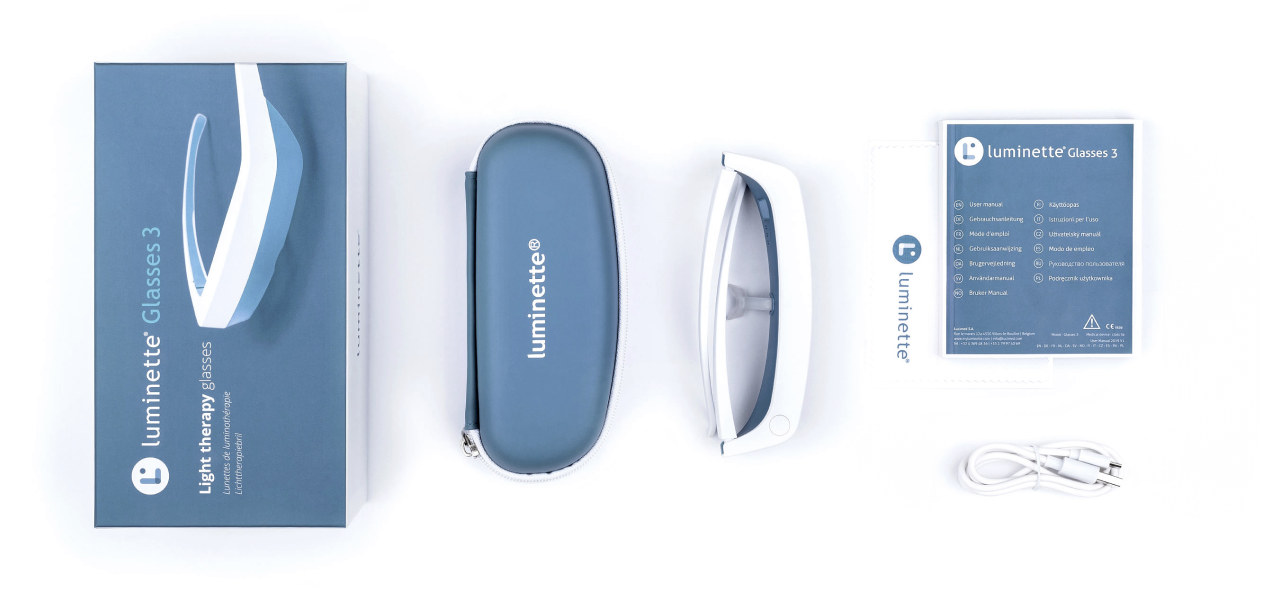
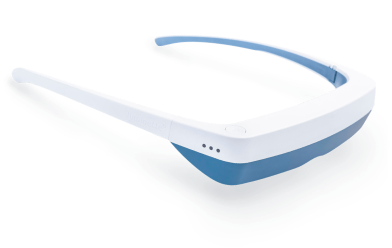
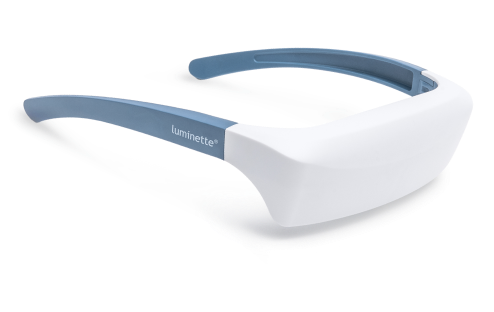
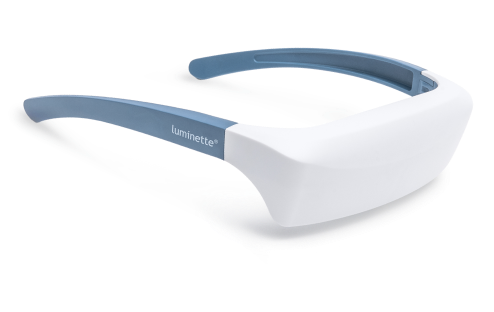
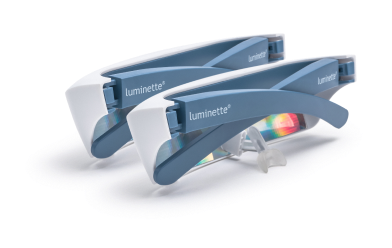

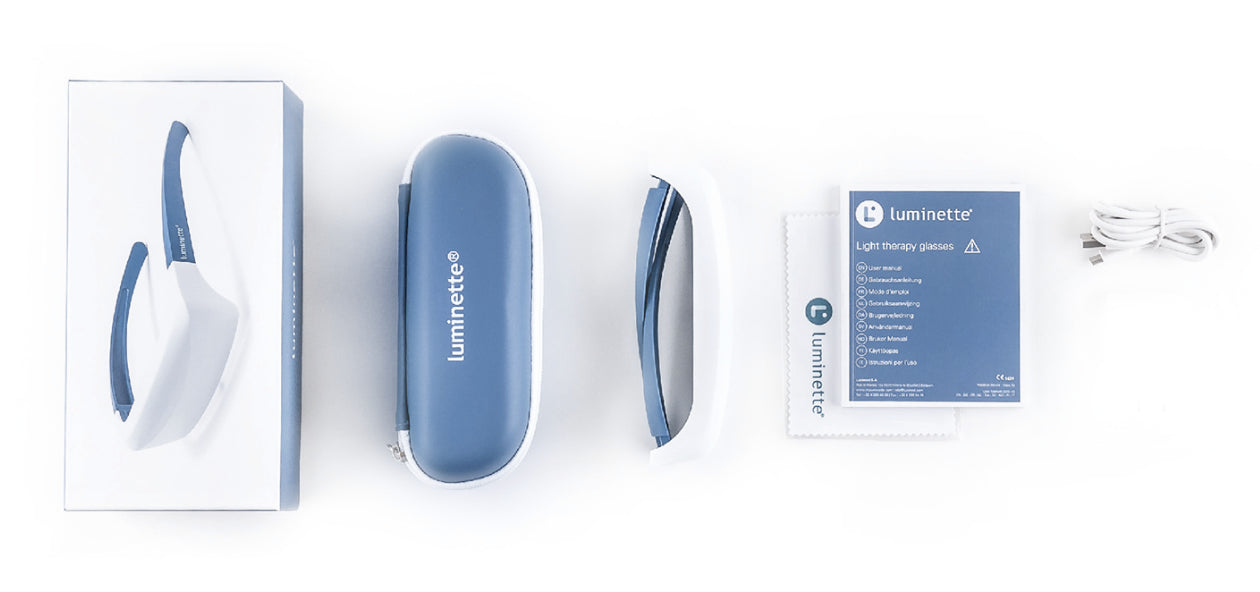
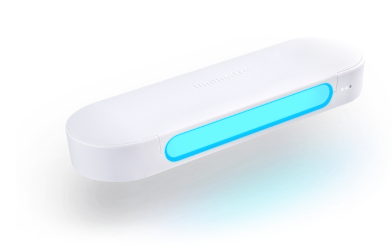
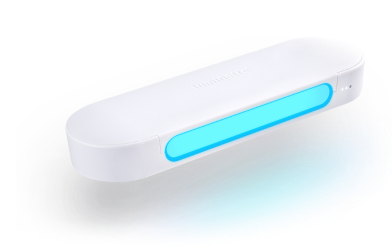
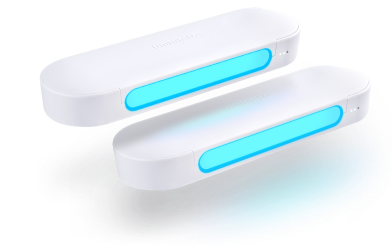
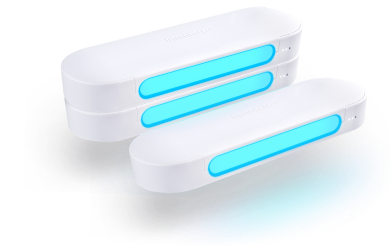
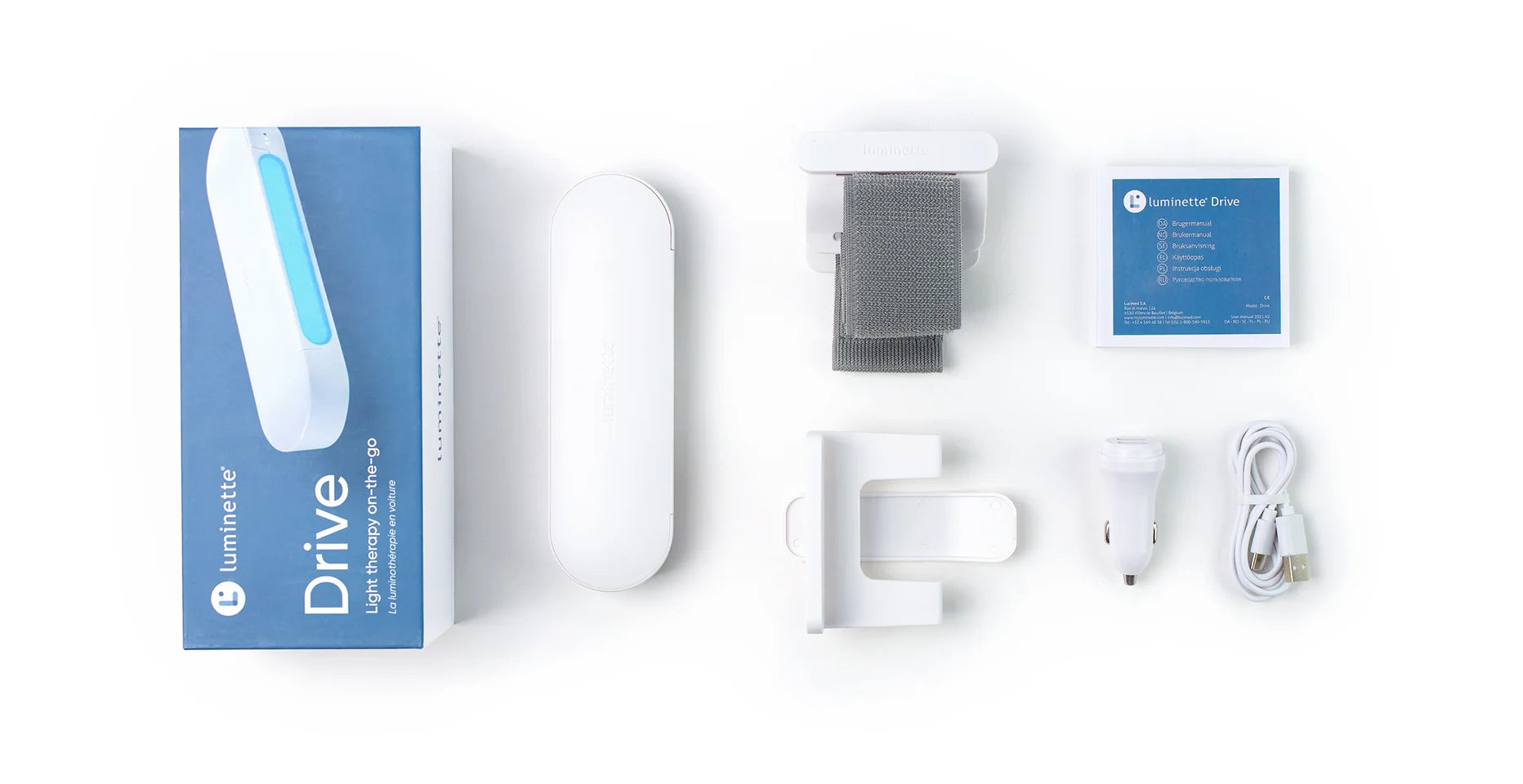
 Обратите внимание
Обратите внимание



